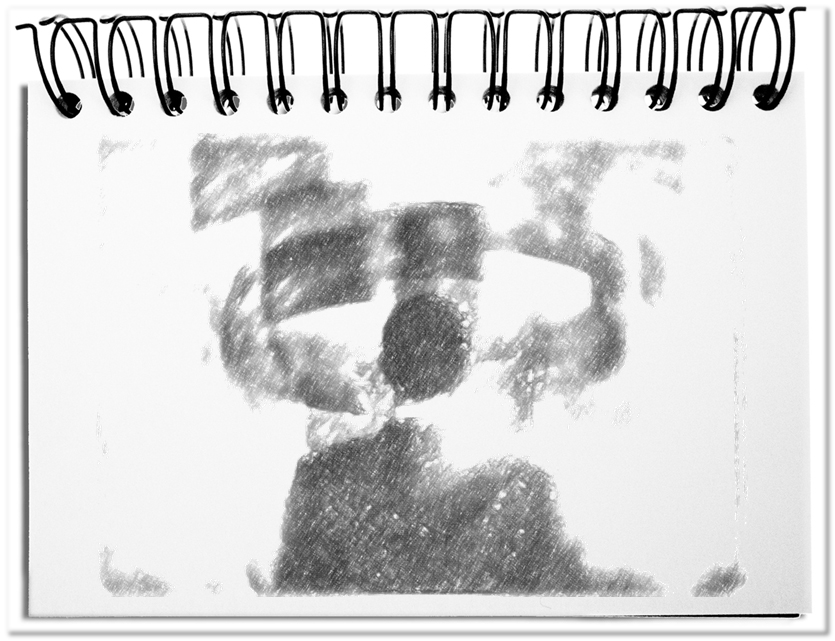A large issue of the information society is the fact that people
- are not aware what they do know and
- cannot grasp, what they do not know.
Already in ancient times Socrates, the wise of its time, putted it that way „I know that I know nothing.” Our information-hungry society is propelled by the dilemma to learn a lot and to be obliged to inform oneself constantly. This urge for knowledge leads to permanent information overload that creates nothing else than documented cluelessness.
Our brain is not a hard disk that doubles its storage space and the access speed to stored data every 18 months. Quite the contrary. A Chinese study discovered that our brain is shrinking for the past 10,000 years from 1500 cm3 to 1350 cm3. And our everyday life experience shows that we function differently than a digital data memory. We seem never to be full, therefore
- we subscribe more newspapers, magazines, on-line offers, than we can process. The paper piles up either in the room or in the garbage;
- we buy books that become thicker and thicker and ever more rarely read, stuck in the shelves for years waiting for their ’consumption’;
- we send and receive enormous amounts of emails that overflow our mail box. At the same time we wish to be on more and more mailing lists, in order not to miss anything;
- the Germans consume on average nearly 4 hours television per day – and remember at best the transmission on the next day, but not the contents;
- one gets lost when surfing in the Internet.
The documented cluelessness is the information that we have virtually and physically on hold to ensure that we do not miss anything. Who does not have a too large heap of documented cluelessness, as unread articles, books, unseen films, throw the first stone?
The deficit that blocks our access to already known and unknown does not result in an economic use of resources. We do not make anything out of what we already know and continue to untwist the information faucet, in order to perceive, what we think not to know. Eventually we do not feel progress.
The way out of this dead end begins with changing our convictions that drive us.
- Accepting the own capability
As soon as we understand that our processing capacity is as good or as bad, as for all others, we can better use the existing resources. - We know almost nothing about everything
There is nobody, who has less cluelessness than we do. Accepting this lack of knowledge, not being afraid of posing questions and making curiosity a virtue reduces the pressure. - Preventing that news blow out quickly
Soaking up news passively leads to fast forgetting. Immediate, active application of new knowledge in discussions and/or the written summary of new insights lead to the fact that it can be better recalled. - Using the senses for oneself
Information is at best remembered, if it enters on the one hand via several sensory channels and on the other hand our preferred sense channel is supplied. Who knows, with which sense channel he/she learns best – visually, auditory, kinesthetically?
Bottom line: The fatal is the missing awareness of the existing knowledge and the invisibility of the unknown. This deficiency cannot be overcome with efforts but by coming loose the documented knowledge and by using the existing always more actively. It functions well, if we change our convictions, as mentioned above, so that the need for more and more documented cluelessness dissolves.

